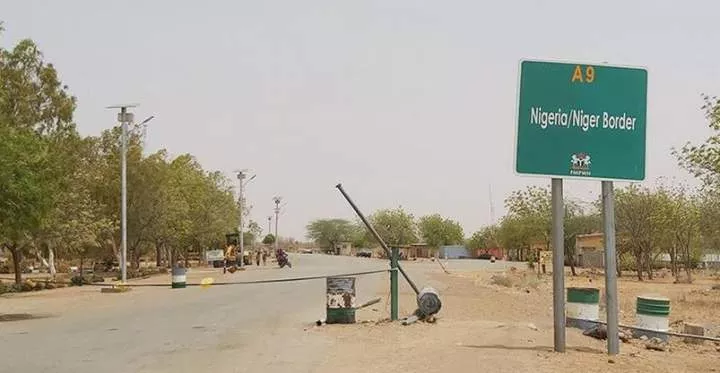
The Federal Government has closed the country's border with the Republic of Niger following the recent military takeover in the West African country.
This was as President Bola Tinubu on Friday wrote to the Senate seeking its support for military intervention against the junta in the Niger Republic.
The Nigeria Customs Service acting Comptroller, Bashir Adewale, had on Friday in Magamar-Jibia, Nigeria's` border with the Niger Republic, officially announced the closure of all Nigeria's land borders with the neighbouring country as a result of the current political development there.
The NCS boss said the closure of land borders order was issued by President Tinubu in line with the decision arrived at by ECOWAS.
Recall that Tinubu, Nigeria's President and the Chairman of the Economic Community of West African States, had on Sunday met with some fellow ECOWAS leaders to discuss appropriate ways to restore democracy in Niger.
The leaders of the West African regional bloc met to discuss sanctions to be placed against the military personnel who toppled Mohamed Bazoum on July 26, 2023.
The leader of the junta, General Abdourahmane Tchiani-led was said to be considering recalling the Nigerien Ambassador to Nigeria after failing to come to terms with ECOWAS and Nigerian delegations on the need to return democracy to Niger.
Speaking on the closure of the Nigerian border with Niger, Adewale declared that there would be no movement of goods from Nigeria to Niger and vice versa until further notice.
The Custom's boss said, "My being in Magamar-Jibia, Nigeria border with the Niger Republic this afternoon is to announce the total blockade of movements of goods to the Niger Republic through all Nigeria land borders.
"The NCS, workings in synergy with other sister agencies will enforce the blockade order as given by President Bola Tinubu who is also the current Chairman of ECOWAS.
"The ECOWAS leaders collectively took the decision against the Niger Republic to kick against the military putsch in the Niger Republic."
Adewale also met some of the stakeholders at Magamar-Jibia and pleaded for their understanding and cooperation with the NCS to see to the full implementation of the blockade order.
Meanwhile, President Tinubu, in his letter to the Senate, sought the backing of the legislature on the cutting off of electricity to the country.
The President's letter read, "Following the unfortunate political situation in Niger Republic culminating in the overthrow of its President, ECOWAS under my leadership condemned the coup in its entirety and resolved to seek the return of the democratically elected govt in a bid to restore peace, ECOWAS convened a meeting and came out with a communiqué."
The President further sought support for, "military build-up and deployment of personnel for military intervention to enforce compliance of the military junta in Niger should they remain recalcitrant.
"Closure and monitoring of all land borders with the Niger Republic and reactivating of the border drilling exercise, cutting off electricity supply to the Niger Republic, mobilising international support for the implementation of the provisions of the ECOWAS communique."
The letter further read, "Preventing the operation of commercial and special flights into and from Niger Republic; blockade of goods in transit to Niger especially from Lagos and eastern seaports."
Tinubu also told the Senate that the country was embarking on the sensitisation of Nigerians and Nigeriens to the imperative of these actions, particularly via social media.
Northern Senators reject military action
In a related development, the Northern Senators Forum has cautioned against the use of military power toward tackling the military coup in Niger Republic, calling for diplomatic options to address the situation.
Senator Suleiman Kawu(NNPP-Kano), the spokesperson for the forum, said this when he briefed newsmen in Abuja on Friday.
"The forum under the leadership of Sen. Abdul Ningi (PDP-Bauchi), has noted with concern and condemn in entirety the unfortunate development in Niger Republic, where the military forcefully upstaged a democratically elected government of President Mohamed Bazoum.
"The Northern Senators also take cognisance of the efforts of the ECOWAS leaders under the chairmanship of our dear President, Bola Tinubu, in resolving the situation in Niger Republic.
"The emphasis however, is that we should be focused on political and diplomatic means to restore democratic government in Niger Republic," he said.
Kawu added: "We also take exception to use of the of military force until other avenues as mentioned above are exhausted as the consequences will be casualties among the innocent citizens who go about their daily business.
"Besides, about seven northern states who share border with Niger Republic namely Sokoto, Kebbi, Katsina, Zamfara, Jigawa, Yobe and Borno will be negatively affected.
"We are also aware of the situation of Mali, Burkina Faso and Libya, which may affect the seven northern states, if military force is used."
ECOWAS prioritises dialogue
Meanwhile, the ECOWAS Chief of Defence Staff on Friday resolved to place dialogue at the forefront of the regional body's approach to resolving the crisis in Niger Republic.
This is as the committee said it acknowledged the need for a comprehensive approach that encompasses political, security, and diplomatic dimensions.
The Chairman of the region's Defence Chiefs, General Musa Christopher stated this while reading the communiqué from the meeting to select journalists in Abuja.
The PUNCH had reported that Defence Chiefs from Nigeria, Benin, Ghana,Togo, Sierra Leone, Liberia, The Gambia, Côte D'Ivoire,Cape Verde, Senegal, and Guinea Bissau arrived in the country for a meeting on the military junta in Niger.
Musa noted that the committee recognised the gravity of the situation and the urgent need for a well-coordinated response.
He said, "We have acknowledged the need for a comprehensive approach that encompasses political, security, and diplomatic dimensions. It is imperative that we translate our deliberations into concrete actions that can effectively address the crisis and prevent a recurrence in the future.
"Firstly, we must emphasize the importance of upholding democratic principles and the rule of law. The coup in the Niger Republic represents a blatant disregard for these fundamental principles that underpin our regional integration and stability. We must unequivocally condemn such actions and demonstrate our unwavering commitment to democracy.
"Secondly, we must strengthen our regional security architecture and enhance our collective response to security challenges. The coup in the Niger Republic has highlighted the fragility of our region and the need for a robust and proactive security framework. We must enhance intelligence sharing, joint training exercises, and capacity-building initiatives among our defense and security forces to effectively combat threats to our collective security and enhance interoperability.
"Thirdly, we must intensify our diplomatic efforts to engage with all relevant stakeholders. Dialogue and negotiation should be at the forefront of our approach to resolving the crisis in the Republic of Niger. We must engage with the transitional authorities, civil society organizations, and other key actors to foster an inclusive and peaceful transition process. "
However, the junta is also planning to recall Nigerien Ambassadors to Togo, the United States, and France, as it pushes to evict French and US troops in the country, while declaring an end to all Memorandum of Understanding between France and the Republic of Niger.
Defence sources privy to the ongoing meeting in Niamey, the Niger capital, confirmed the development to our correspondent Friday morning.
"The ongoing negotiation has failed. The junta has declared that it'll recall Niger's Ambassador to Nigeria, Togo, France, and the US," an impeccable defence source said in a terse message sent to our correspondent Friday morning.
Meanwhile in an attempt to resolve the political crisis in the Niger Republic, the ECOWAS on Thursday dispatched two missions abroad, with the mandate to achieve a resolution to ending the crisis.
While the first delegation led by former Nigerian Head of State, General Abdulsalami Abubakar (retd.), led the engagement with the junta and other parties in the Nigerien impasse in the country's capital, Niamey; another delegation, led by Ambassador Babagana Kingibe led the engagement with the leaders of Libya and Algeria concerning the Niger crisis.
A statement on Thursday by the Special Adviser on Media and Publicity, Ajuri Ngelale, indicated that the Chairman of the ECOWAS Authority of Heads of State and Government, President Bola Tinubu, who dispatched both teams on the mission, charged the General Abubakar's team with a mandate to expeditiously resolve the crisis in the troubled country.
The mission to Niger Republic which departed for Niamey immediately after President Tinubu's briefing, was in line with the resolution reached at the end of the extraordinary summit of the ECOWAS held last weekend at the Presidential Villa, Abuja.
Briefing the two delegations, President Tinubu charged them to engage all stakeholders robustly with a view to doing whatever it takes to ensure a conclusive and amicable resolution of the situation in Niger for the purposes of African peace and development rather than a move to adopt the geopolitical positions of other nations.
Speaking after the meeting, General Abdulsalami Abubakar (retd.) said the delegation would meet the coup leaders in Niger to present the demands of the ECOWAS leadership.
Both leaders of the two missions expressed optimism about the outcome of the assignments.

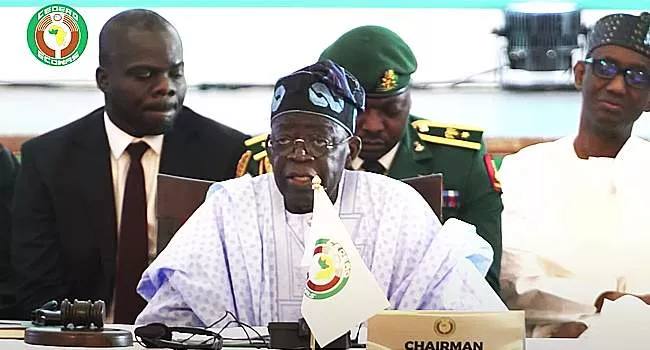
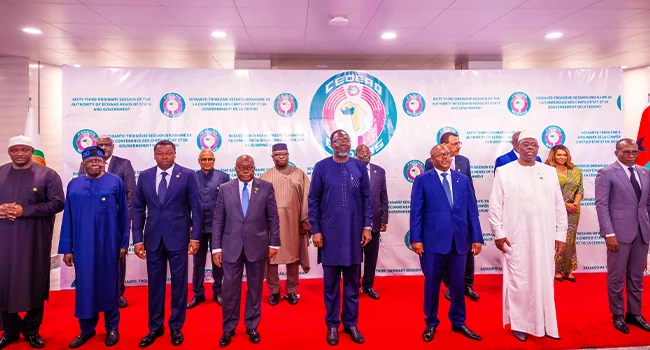
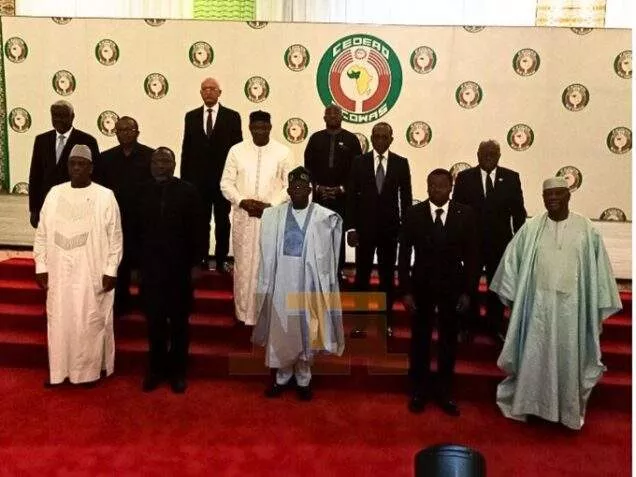
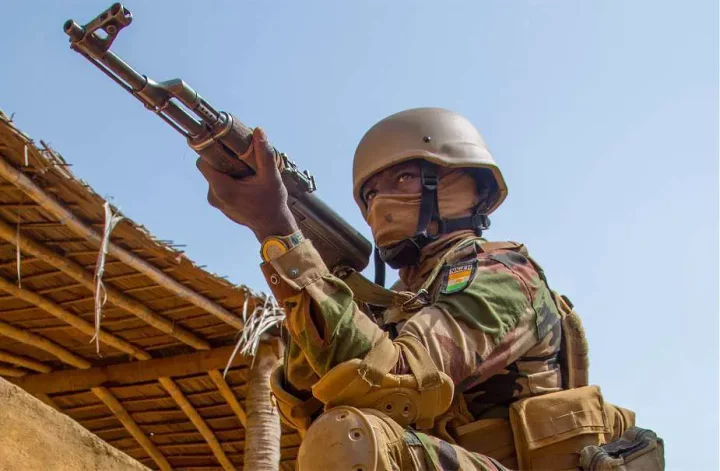
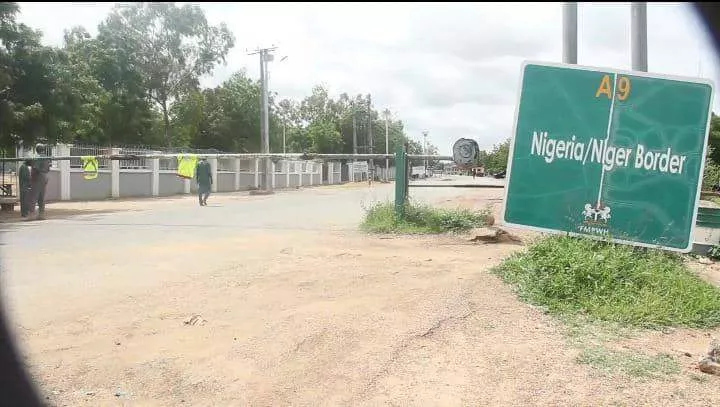
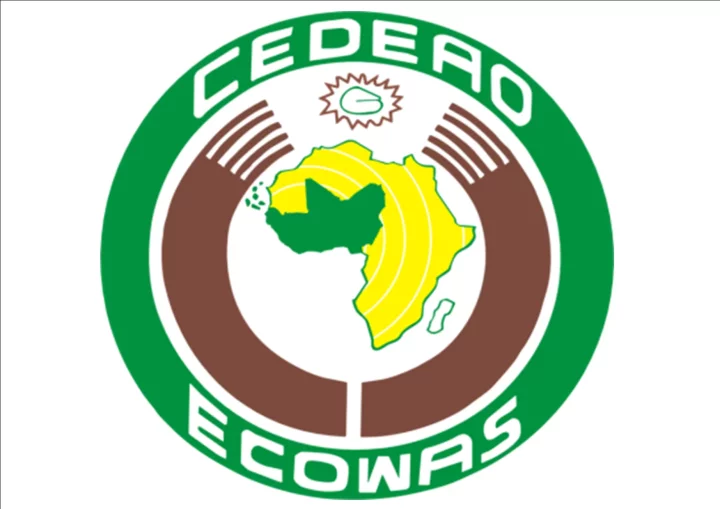

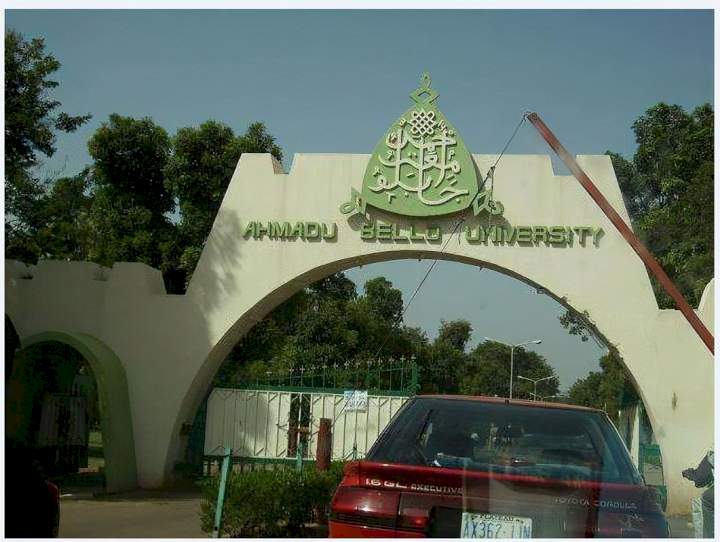




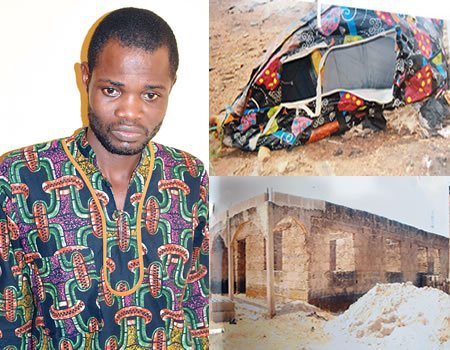

Comments